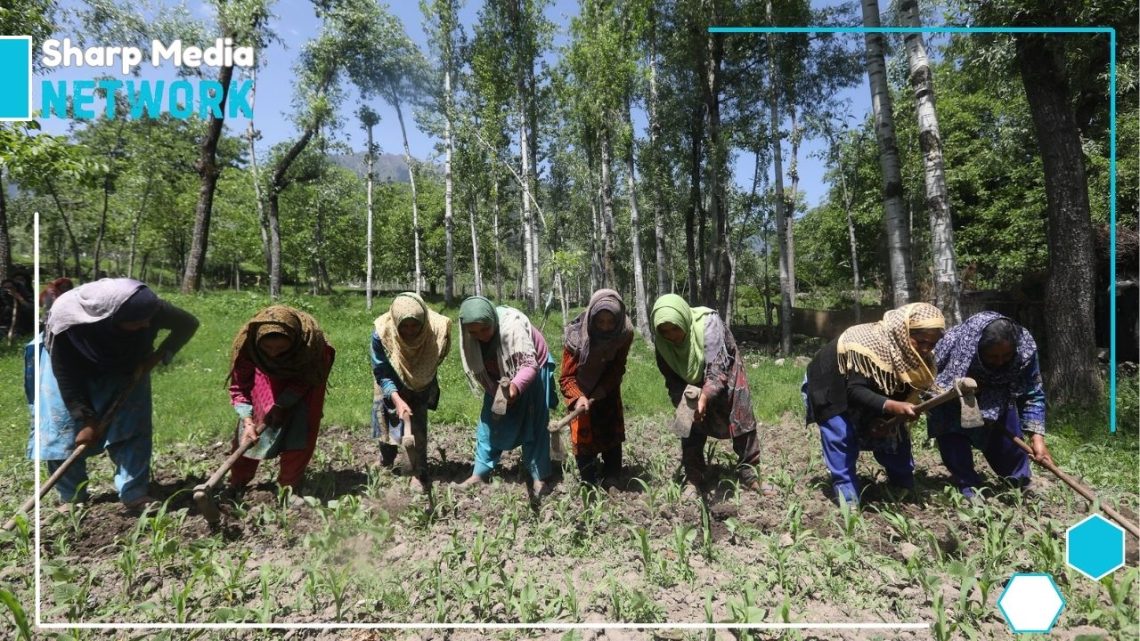
Financial Crisis Deepens for Farmers in IIOJK
February 4, 2025 Off By Sharp MediaNearly 11 lakh farmers in IIOJK are struggling under an INR 17,814 crore debt burden, with no relief from the Indian government, exacerbating the region’s agrarian crisis.
In Indian Illegally Occupied Jammu and Kashmir (IIOJK), nearly 11 lakh farmers are facing a severe financial crisis, burdened with INR 17,814 crore in outstanding bank loans. This growing debt load highlights the worsening agrarian distress in the region, where farmers are struggling with dwindling incomes and a lack of government support.
Despite numerous appeals for relief, New Delhi has failed to introduce any debt-waiver schemes, leaving farmers to shoulder an increasing financial burden. According to data provided by the Ministry of Finance in the Lok Sabha, as of March 31, 2024, the debt situation is as follows:
- 9.29 lakh farmers owe INR 16,481 crore to commercial banks
- 1.45 lakh farmers are indebted to Regional Rural Banks for INR 1,265 crore
- 0.05 lakh farmers have INR 68 crore in debts to cooperative banks
These figures, compiled by the Reserve Bank of India (RBI) and the National Bank for Agriculture and Rural Development (NABARD), paint a grim picture of the agricultural sector in IIOJK, which has been grappling with declining incomes, erratic weather patterns, and insufficient government assistance.
Despite these dire circumstances, Finance Minister Nirmala Sitharaman confirmed that there are no plans to implement debt-waiver schemes for these farmers, intensifying fears that the Indian government is neglecting the agrarian crisis in the region.
Farmers in IIOJK have long voiced frustrations over the selective nature of government policies. While loan waivers are often announced for farmers in other parts of India, those in the disputed territory remain overlooked. The crushing debt burden, combined with rising input costs, limited access to markets, and a lack of financial aid, has pushed many farmers to the brink of bankruptcy.
The Indian government’s continued inaction has sparked widespread concerns about its commitment to addressing the hardships faced by IIOJK’s farming community, which plays a vital role in the region’s economy. The situation raises serious questions about the priorities of the Indian administration and its disregard for the well-being of the agricultural sector in the occupied territory.

